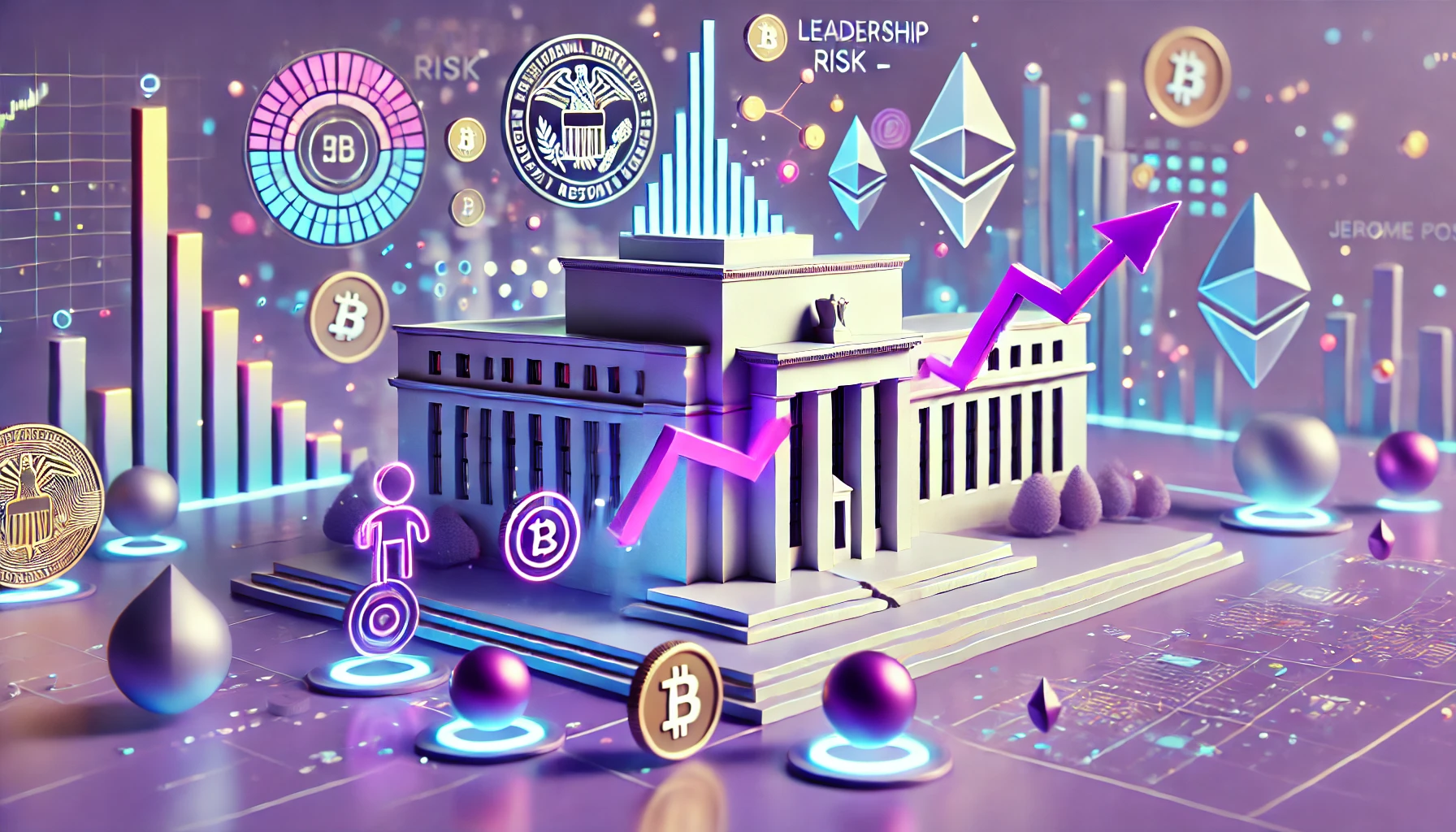As trade tensions between China and the United States escalate, Beijing has reacted strongly to the new tariffs announced by Washington. In an official statement, a Chinese minister warned that these protectionist measures could trigger a global humanitarian crisis by disrupting supply chains and increasing costs for the most vulnerable countries. This statement marks a significant escalation of rhetoric, highlighting the global geopolitical and economic stakes of a renewed trade war.
A harsh response to the US measures
- A challenge to multilateralism: Beijing accuses Washington of undermining the balance of global trade and flouting the principles of the World Trade Organization (WTO). China asserts that it will defend its interests “firmly and responsibly.”
- A risk of global fragmentation: The new tensions risk fostering the creation of opposing economic blocs, accelerating deglobalization and the quest for strategic self-sufficiency.
The Economic Consequences of a Trade Escalation
- Supply Chains Under Pressure: US tariffs target crucial components in electronics, renewable energy, and automotive, threatening to trigger price increases globally.
- Imported Inflation for Third Countries: Developing countries could bear the brunt of rising costs of imported goods, particularly food, energy, and medical supplies, triggering social crises in some regions.
Global Opportunities and Risks
Opportunities:
- Rebalancing regional supply chains to reduce strategic dependence.
- Accelerating local innovation in critical sectors such as clean technology and semiconductors.
Risks:
- Prolonged instability in global markets.
- Rising commodity prices for consumers and impact on food security.
Conclusion
China’s warning regarding new US tariff measures highlights the global risks of a resurgence of protectionism. Beyond the Sino-American rivalry, the balance of the global economy is at stake. In a context already weakened by successive crises, a prolonged trade war could cause shockwaves with major humanitarian repercussions. Economic diplomacy is once again becoming more essential than ever to avoid irreversible fragmentation.














